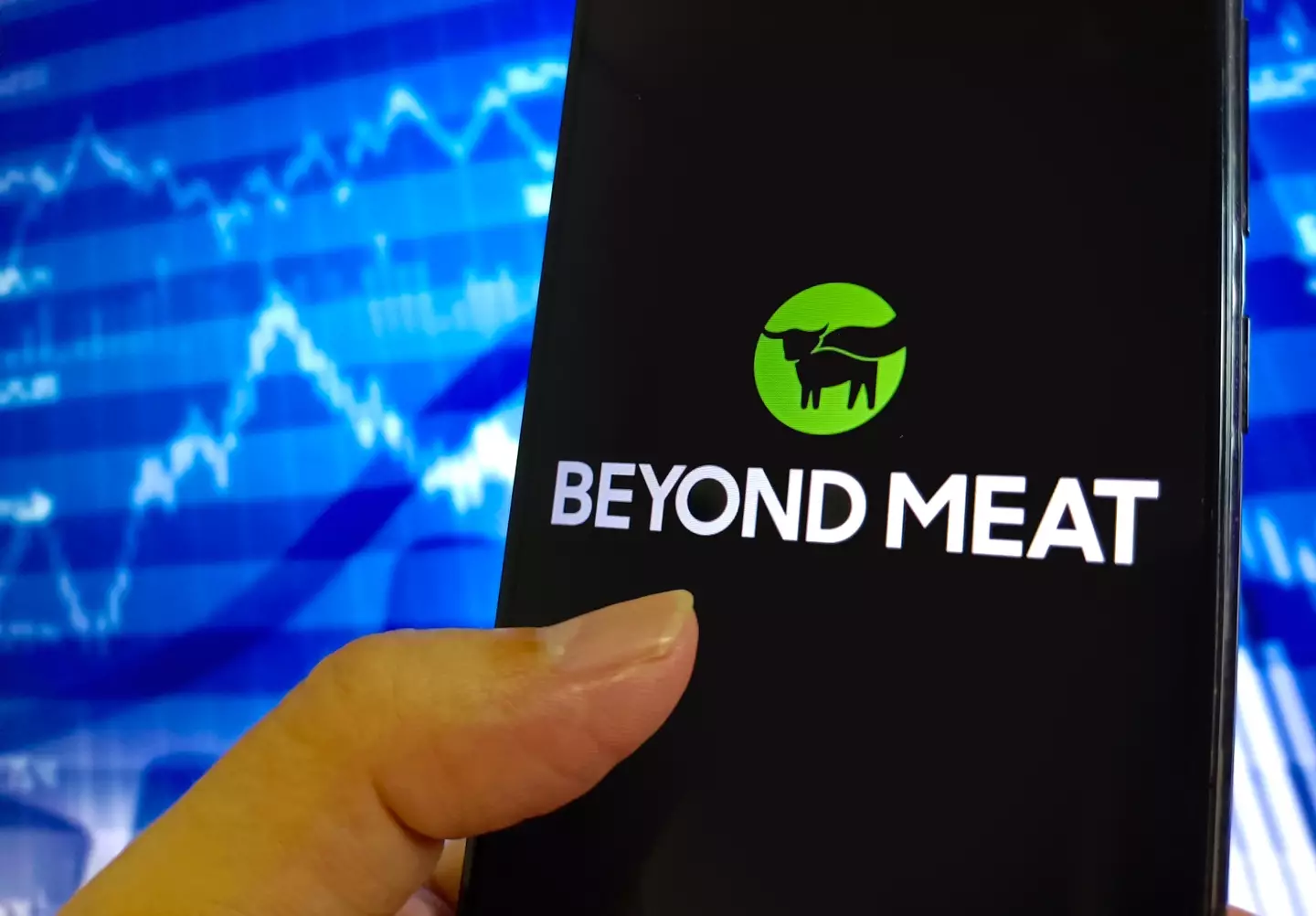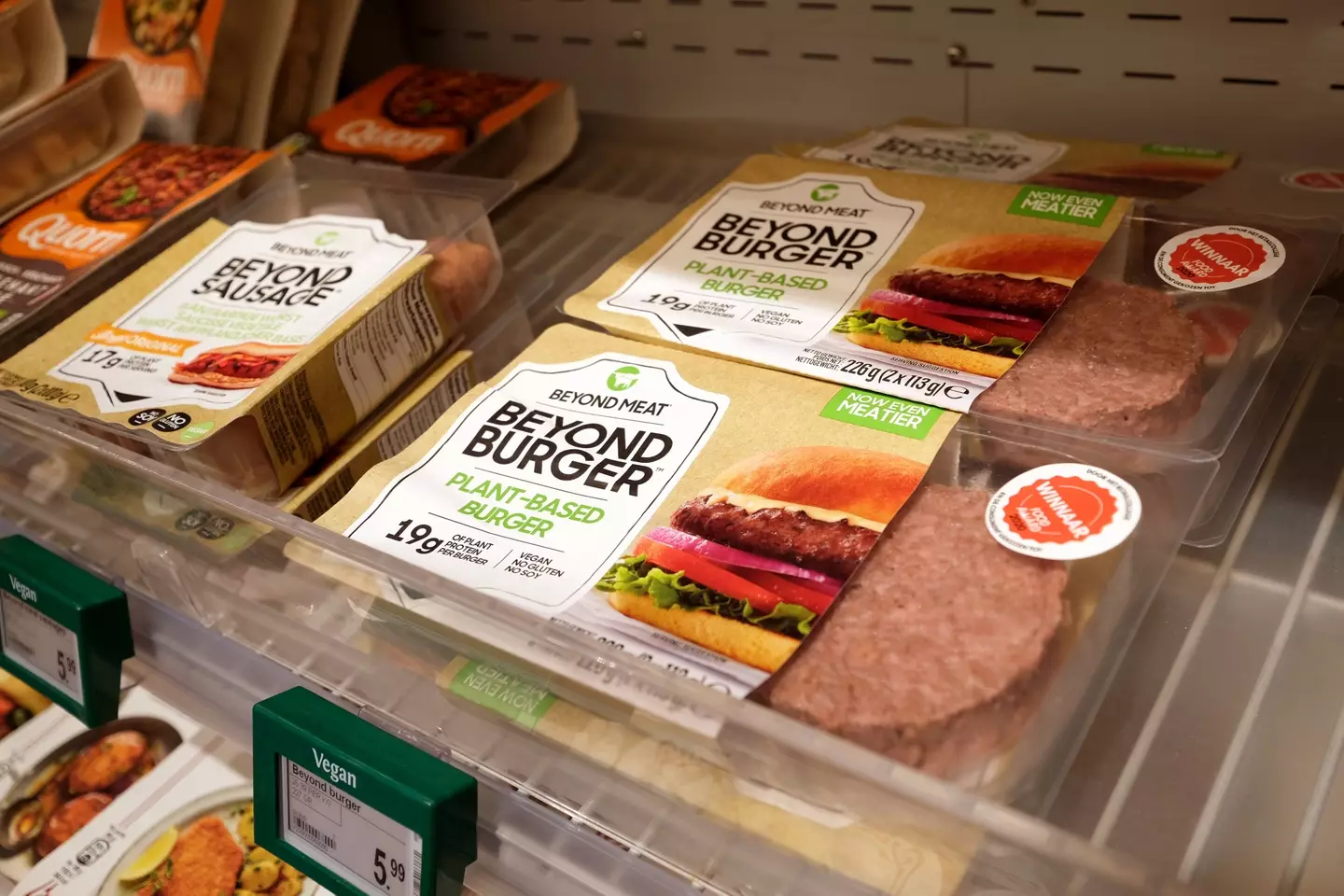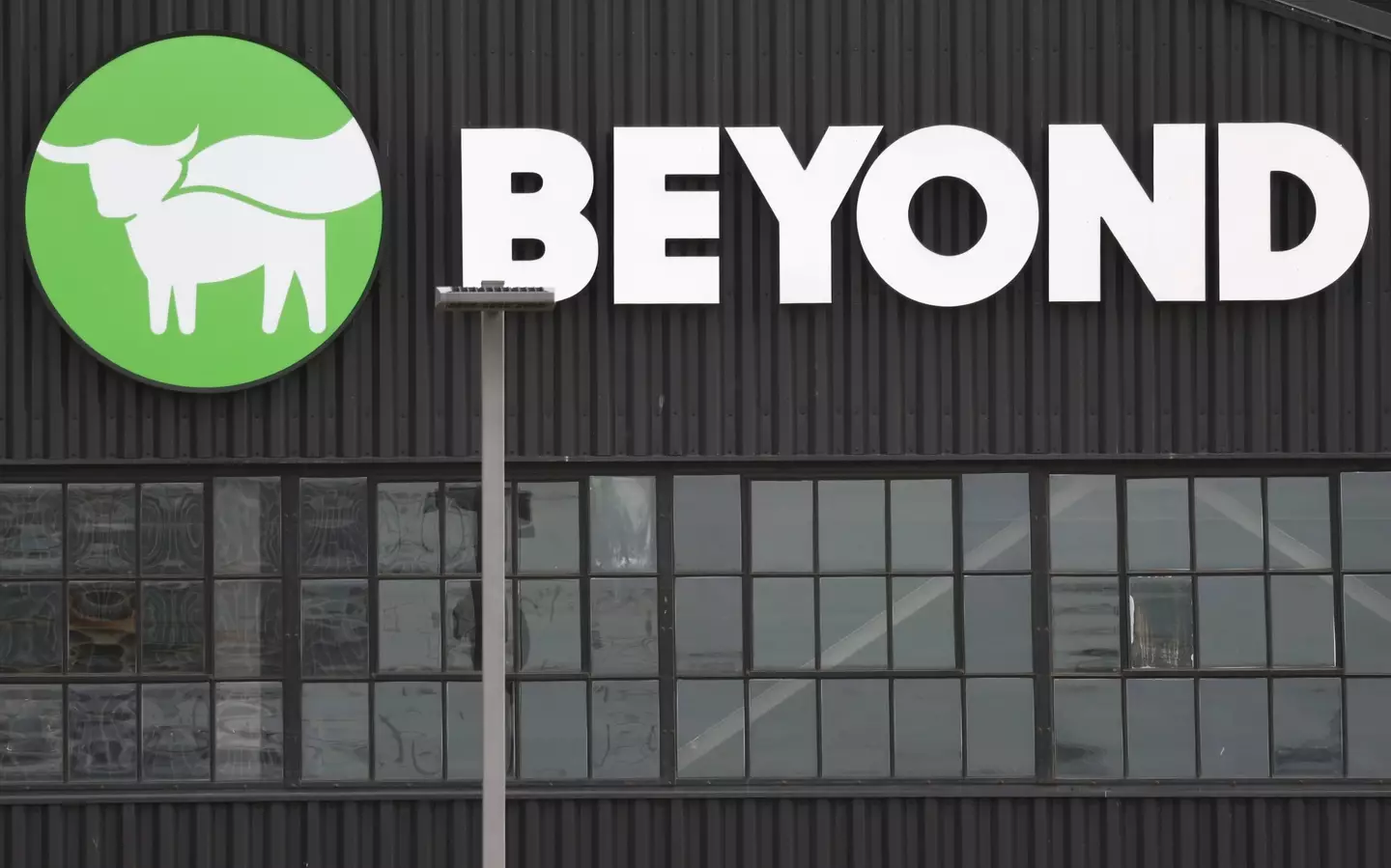
Vegetarianism and veganism are much easier to follow in 2025 than they were in 2015, but the market’s expansion seems to have stalled in recent years as younger generations seemingly switch back to eating meat.
It’s estimated that 4.5% of the UK population is vegetarian or vegan, equating to just over 3 million people, so while the rate at which we’re giving up meat seems to be slowing down there’s still a big meat-free market with a lot of growth potential.
One of the most prominent meat-alternative brands is Beyond Meat, the name behind those incredibly convincing Beyond burgers.

Advert
The company was founded by CEO Ethan Brown in 2019, and it’s in the midst of a rebrand that it hopes will switch the conversation away from meat imitations towards plant-based proteins speaking for themselves.
Its latest product, Beyond Ground – made with fava beans – is a mince alternative that offers more protein per serving than beef, and it debuted on 29 July 2025 alongside Beyond Meat’s rebrand to simply ‘Beyond’.
Speaking to Fast Company, he said: “If you’re the best in the world at making plant proteins, why confine yourself to the centre of the plate?” Here, Brown is referring to the broader protein-focused trends that have seen it become a key selling point for products across the dietary spectrum.

Beyond won’t be cancelling production of its existing products during this pivot, but this newfound liberty from meat-adjacency means it can focus on products that can stand in for meat without pretending to be meat.
Beyond Ground features four simple ingredients: fava beans, potato starch, water, and psyllium husk, a protein-rich fibre that’s been shown to reduce cholesterol and help to regulate blood sugar.
A quarter-pound serving of the stuff comes in at just 140 calories, with a whopping 27 grams of protein. For reference, that’s in a similar bracket to a whole chicken breast, protein-wise.
The shift comes amidst a decline in the company’s fortunes since its 2019 IPO where it was valued at $12 billion (£9bn). Since 2023, its valuation has sat around $500 million, or a 24th of its IPO valuation.

This decline is symptomatic of the general shift away from meat alternatives, with their cost compared to meat products being a particularly challenge during the post-pandemic cost of living squeeze typifying western economies.
Nevertheless, there’s still a huge market to capture, and plenty of lapsed vegetarians and vegans who may be lured back to meat alternatives with promises of high-protein options that aren’t lumbered with pretending to be animal products.
